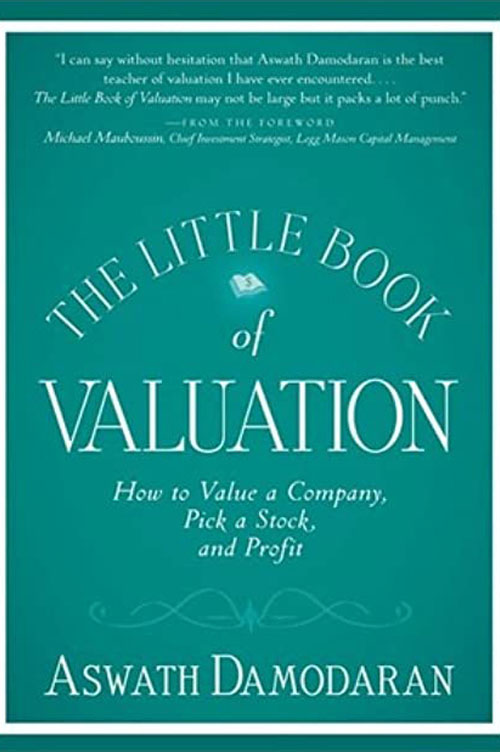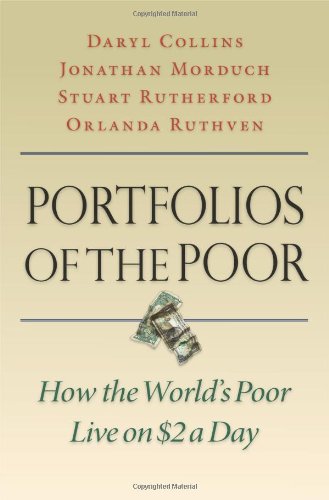Meaning
A bought out deal is a method in which a company sell all of their shares to single underwriter (an investment bank, financial institution, or an individual) at a lower price instead of current market value.
This activity is done to eliminate the financial risk faced by the issuer company. Here, underwriter acts as a sponsor and commits to purchase the entire share offering from the issuer company with the intent of re-selling those shares to other investors.
Then the financial risk is transferred to the underwriter. Underwriter has an advantage to sell those shares in the market at a current market value to earn some profit.
How It Works
In bought out deal, the underwriter purchases all of the company’s shares at a discounted price. As all the shares are getting sold, this eliminates the risk faced by the issuer company (the risk of not being able to sell all of the shares in the market), since all the shares are getting sold up front, earning a return is assured.
For eliminating the financing risk faced by the company, the underwriter would then negotiate for a lower price for the entire offering.
In such scenario, the underwriter takes all the financial risk on their head. As underwriter may face the risk of losing money by not being able to re-sell those shares at a higher price.
Example of a Bought Out Deal
Suppose Xyz Company is looking to offer 10 million shares in the market. The projected market value for each share is $10, but there is no guarantee that all the shares would be purchased. In order to avoid this financial risk (the risk of not being able to sell all of the shares in the stock market, the issuer company does an agreement of bought out deal with its underwriter. After heavily negotiation between The Issuer Company and the underwriter, both party agrees to final discounted price of $6 per share.
Then the underwriter purchases the entire share offering at $60 million (10 million shares at $6 per share).
After purchasing, underwriter owns the entire share offering, they must resell those shares at a price of at least $6 per share or face the risk of generating a net loss.
Advantages of a Bought Out Deal
Both the underwriter and the issuer company has advantages from a bought out deal.
Advantages to Underwriters
- The underwriters are able to purchase the entire offering at a lower price than of a current market.
- The underwriter has a chance of reselling those shares in a market at a higher price to earn greater profit.
Advantages to Issuer Company
- All the financial risk is transferred by the issuer company to the underwriter.
- The issuer company sell entire shares in one go and receives funds instantly.
Disadvantages of a Bought Out Deal
A bought out deal comes with a few disadvantages for the underwriter and the issuer company.
Disadvantages to Underwriters
- Due to purchasing the entire offering, the underwriters see their capital get locked in those purchased shares, which potentially could’ve otherwise been put to better use.
- The underwriters may face the risk of not being able to resell the purchased share at a higher price.
Disadvantages to Issuer Company
- The issuer company has to sell all the entire shares at a discounted price, means a great profit is letting go by a company.
People are also are reading…..
References
- https://www.investopedia.com/terms/b/boughtdeal.asp
- https://corporatefinanceinstitute.com/resources/knowledge/trading-investing/bought-deal/
- https://www.geektonight.com/bought-out-deals/
- https://upstox.com/glossary/bought-out-deal/
- https://www.moneycontrol.com/glossary/ipo/bought-out-deal_903.html
- https://managementstudyguide.com/bought-out-deals-in-investment-banking.html




